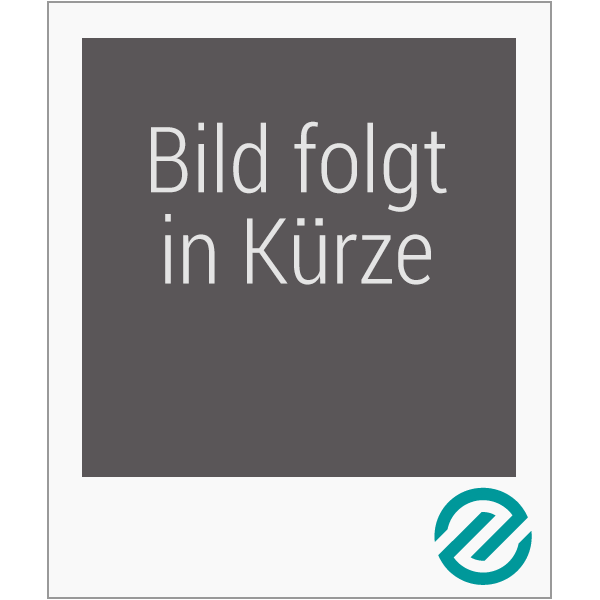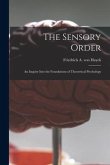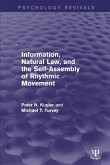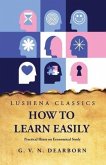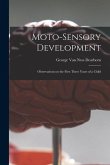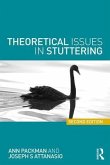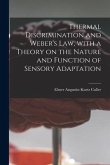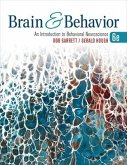Hayek was one of the leading voices in economic and social theory; however, he also wrote on theoretical psychology. The Sensory Order, first published in 1952, sets forth his classic theory of mind in which he describes the mental mechanism that classifies perceptions that cannot be accounted for by physical laws. Although The Sensory Order was not widely engaged with by either psychologists or social scientists at the time of publication, it is seen today as essential for fully understanding Hayek's more well-known work. This edition pairs the original 1952 book with additional essays related to The Sensory Order's key themes, including a student paper from 1920 in which Hayek outlined the basic ideas he fully developed in the 1952 book. Rounding out the volume is an insightful introduction by editor Viktor Vanberg that sketches out the central problems Hayek was grappling with when he wrote The Sensory Order and the influential role this early thinking on theoretical psychology would play over the next six decades of his career. The book also features ample footnotes and citations for further reading, making this an essential contribution to the series.
Hinweis: Dieser Artikel kann nur an eine deutsche Lieferadresse ausgeliefert werden.
Hinweis: Dieser Artikel kann nur an eine deutsche Lieferadresse ausgeliefert werden.

